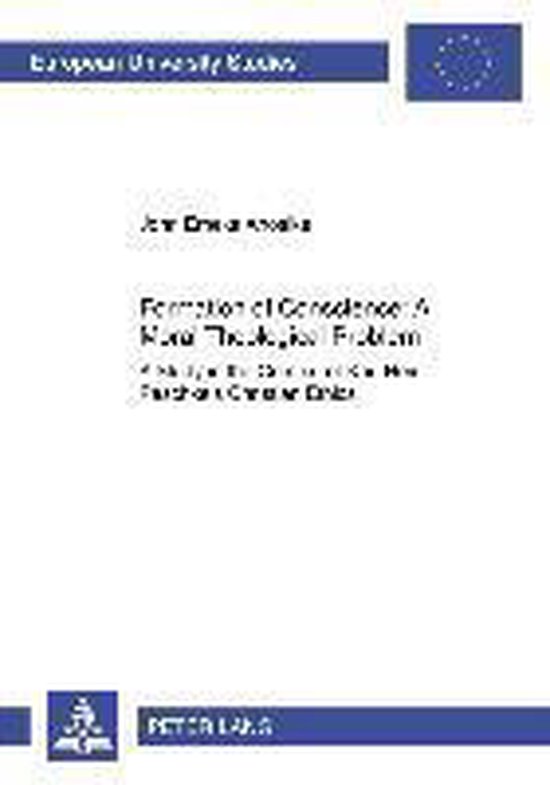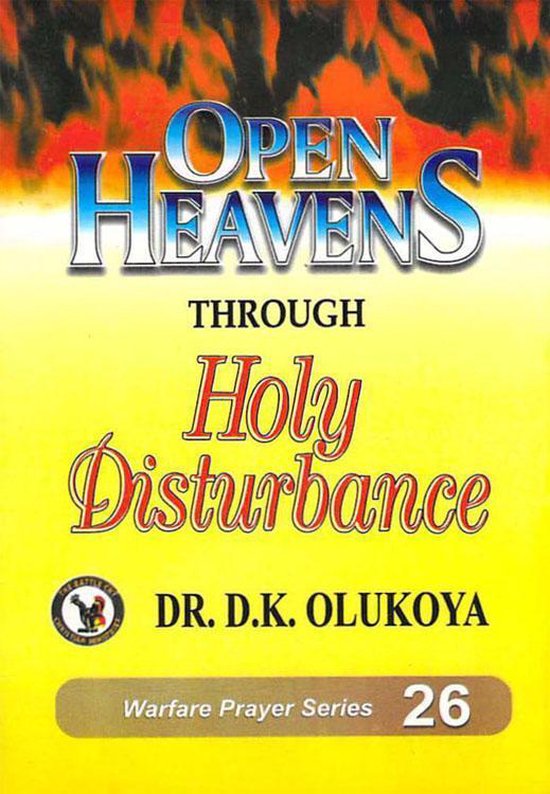
Formation of Conscience:. A Moral Theological Problem
Since the middle of the 20th Century, discussion about conscience has gained more prominence in theology. It is becoming increasingly clear that conscience plays a very important role both in our lives as Christians and in our lives as members of a given community. It is not uncommon to hear people often say: I acted according to my conscience, my conscience is my guide; my conscience does not accuse me. If conscience is to perform the function of a leader and a guide, then it must be formed. Here is the crux of the matter and this is what this book is all about. The importance of the correct formation of conscience cannot be over-emphasised. This means not so much providing answers to moral questions as encouraging the process of arriving at a correct moral decision based on reason and mature judgement. This dissertation delves into the formation of conscience especially within the context of Karl Heinz Peschke's Christian Ethics. The author agrees with Peschke that the correct formation of conscience is in view of realising the ultimate end of man. And the realisation of the ultimate end of man becomes indeed the ultimate purpose of the moral demand.
| Auteur | | John Emeka Anosike |
| Taal | | Engels |
| Type | | Paperback |
| Categorie | | Religie, Spiritualiteit & Filosofie |





